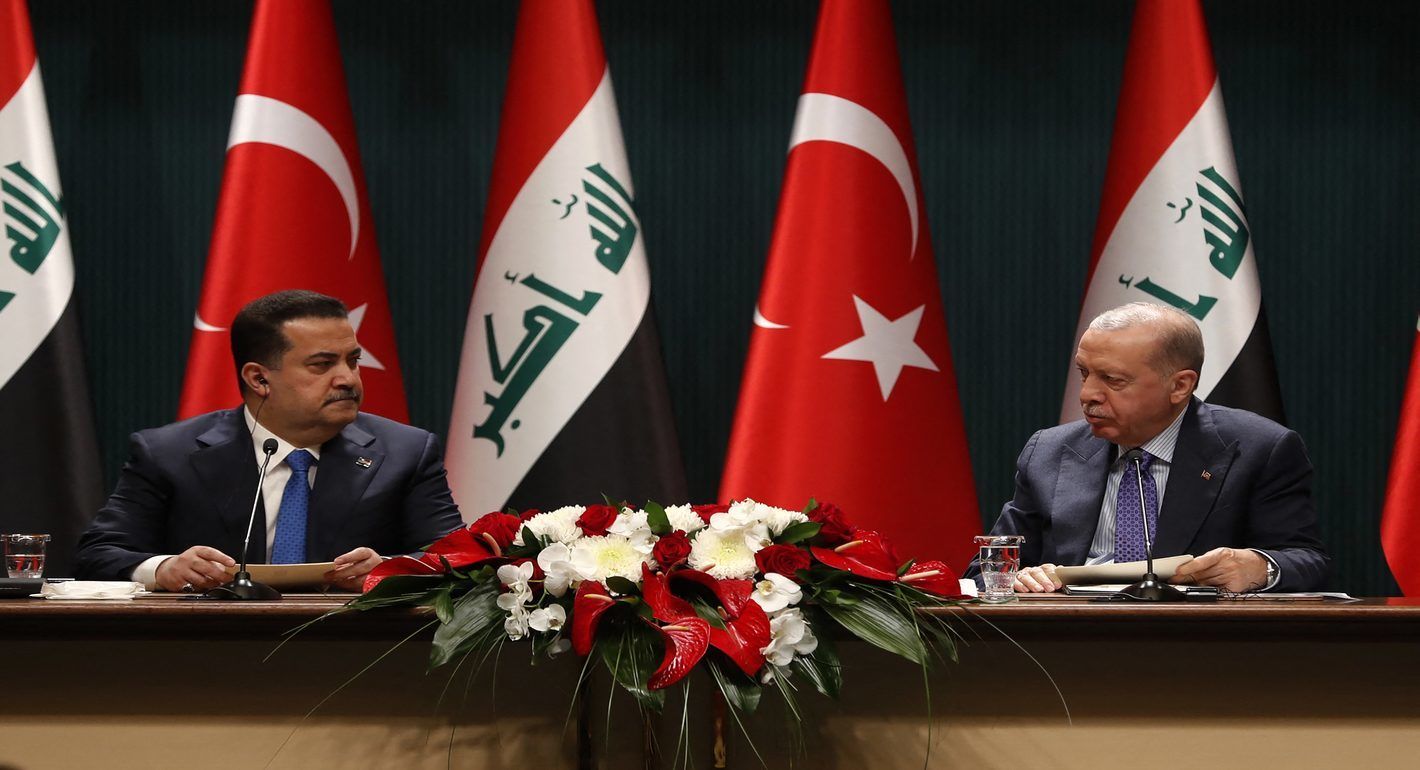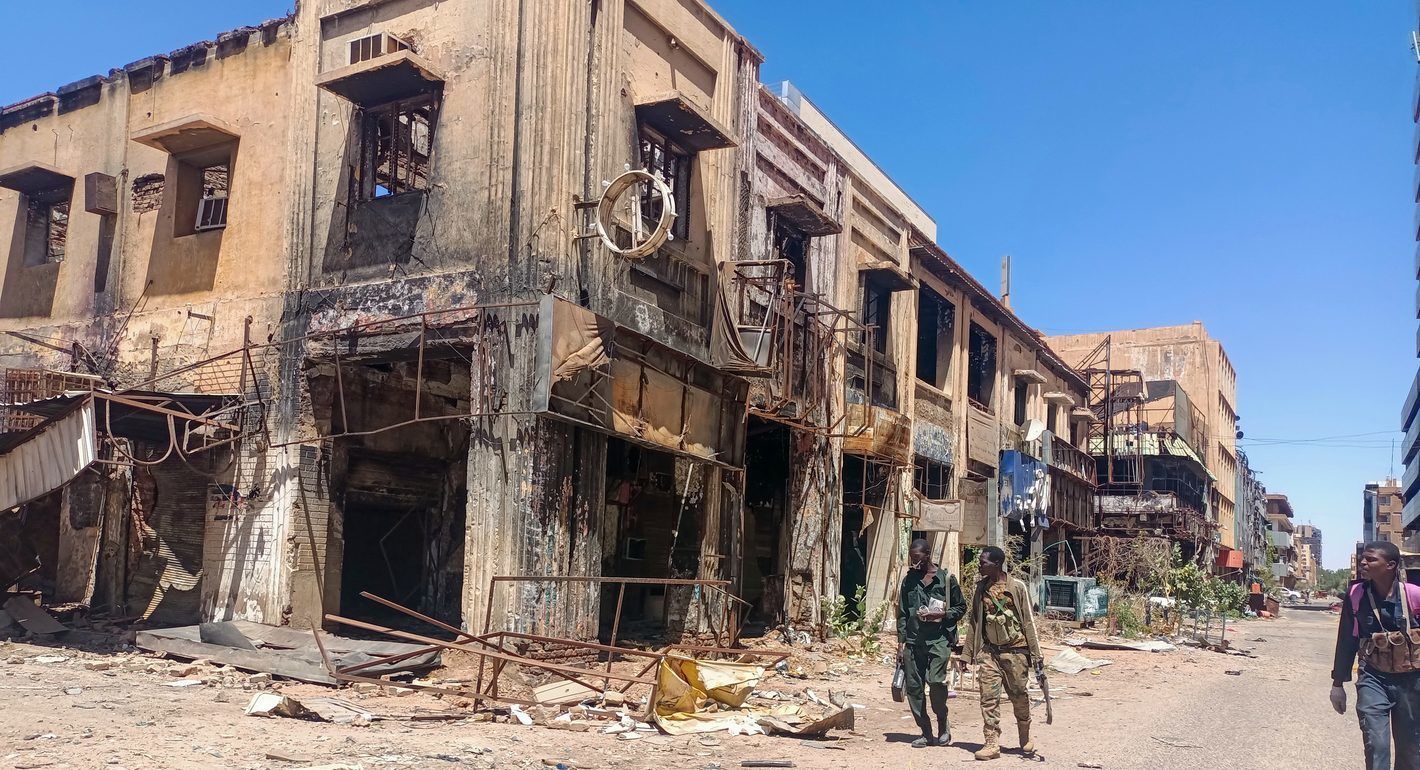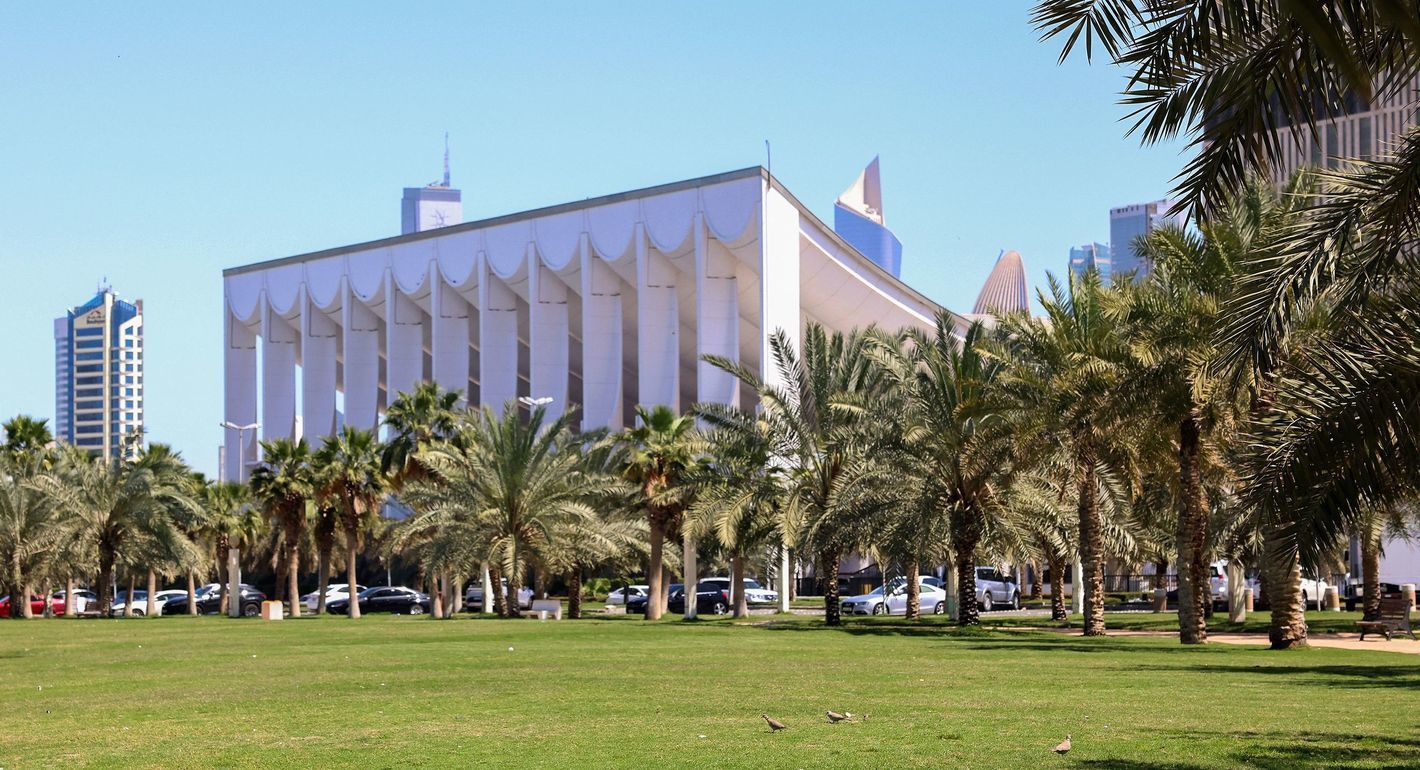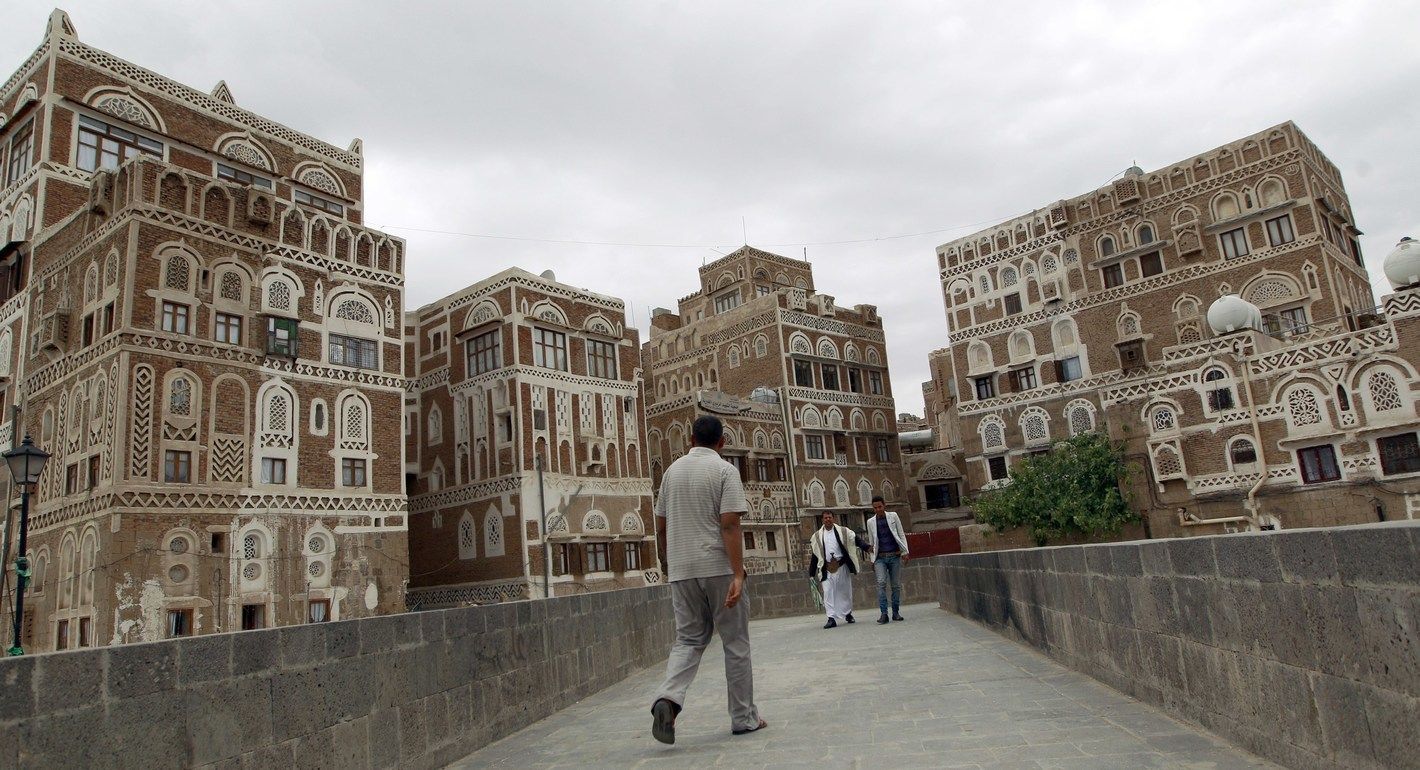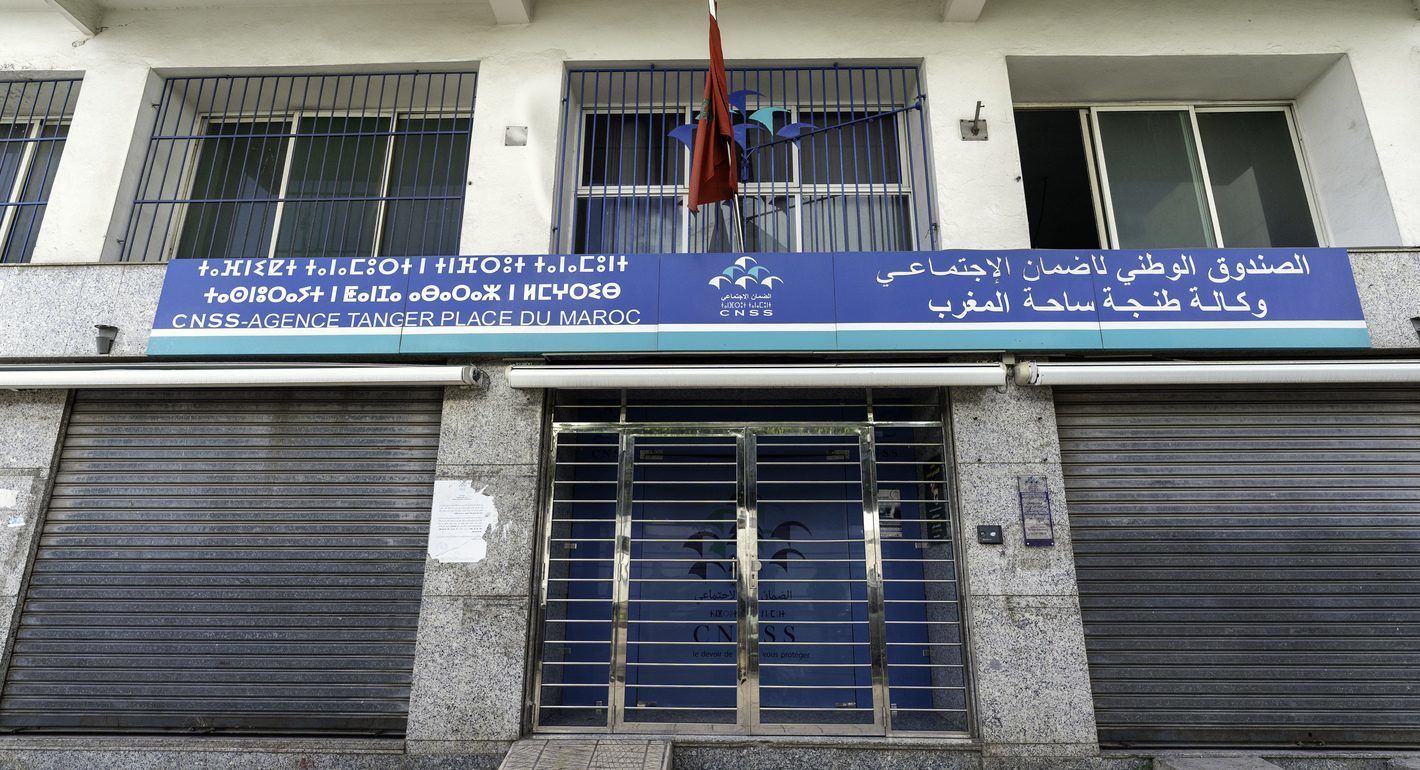After the first large demonstrations organized by Shiite clerics in Iraq, Defense Secretary Donald Rumsfeld was asked about the possibility that radical Islamists would rise to power. That, he answered, "ain't gonna happen, I just don't see how that's going to happen."
Both the question and the answer call attention to a major dilemma the United States faces in promoting democracy in Iraq: how to avoid the danger of an electoral victory by militant Islamists and yet encourage a free and open political process. The United States has not addressed that issue successfully in other Arab countries, and the failure to do so has contributed to its lack of credibility and its ineffectiveness as a promoter of democracy in the region. Whenever the United States has faced that dilemma, it has taken the prudent way out, opting to continue supporting reliably friendly but autocratic regimes. The time is now to concentrate on how to avoid the same dilemma in Iraq.
The key to a different political outcome is for moderate political parties to succeed in building strong organizational structures, reaching out to the population, and developing a popular following. This would create a countervailing force to militant Islamist organizations, reducing the possibility of their electoral victory. One important step the United States should take to help this process is to delay national elections as much as possible, even for several years. If elections are held soon, Islamist parties will undoubtedly be the best organized. Shiite clerics have demonstrated that they already have the capacity to mobilize a considerable following. While it is impossible to estimate what percentage of Iraqis would support an Islamic state, there is no doubt that those who do are organized, while the rest of the population, by and large, is not. Other groups need the time to catch up.
Even with more time, catching up will not be easy. Among the political groups to which the United States looks to participate in an interim authority and to contribute to the political reconstruction of Iraq, only the Kurdistan Democratic Party and the Patriotic Union of Kurdistan have strong organizations, developed during ten years of de facto self-rule in the no-fly zone of northern Iraq. But the Kurdish parties do not compete with the clerics for the allegiance of the same public. Their constituency is Kurd and Sunni, rather than Arab and Shiite.
The other major groups are at a great disadvantage organizationally, with most of the former exiles seemingly more involved in negotiating among themselves and putting pressure on the Bush administration than in building up a following in Iraq. Many exiled leaders are not well known inside Iraq. Furthermore, they do not have a built-in channel to reach the public, such as what mosques provide for clerics. The United States needs to work with these groups and impress on them that their long term success does not reside in their ability to lobby politicians in Washington, but in their capacity to build support in Iraq. Without a popular base, even a broad, American-assembled coalition of moderates will not be able to compete with radical Islamists.
Contributing to the difficulty of creating a strong countervailing force to militant Islamist groups is the fact that Baath party members are lying low and are increasingly being banned from political participation. There are certainly good reasons for excluding the top echelons of the party. But if the exclusion reaches too far down, or if uncertainty and fear prevent even lower-ranking members from participating in the politics of the new Iraq, the country will lose a political resource that has proven crucial in many other political transitions from single party systems: the organizational ability and political know-how that members of the former ruling party can bring to the building of new and often democratic political organizations. It is thus crucial for the United States to clarify as much as possible the criteria for political exclusion and inclusion of Baathists, and to get a vetting process underway as quickly as possible.
Strong organization by moderate political parties is key to the political future of Iraq. It could also set an example for other Middle East countries, where democratic or at least moderate groups have been much less effective than radical Islamists in the bread-and-butter work of building a political base.
Marina Ottaway is a senior associate at the Carnegie Endowment for International Peace.


